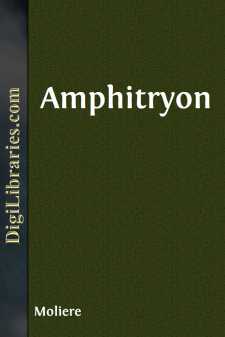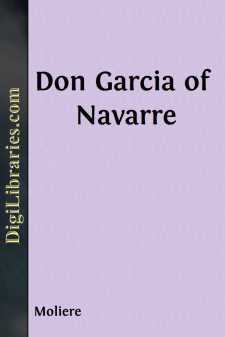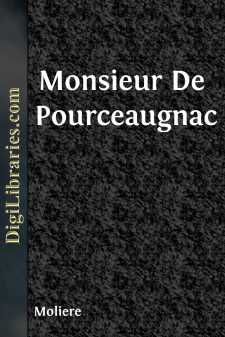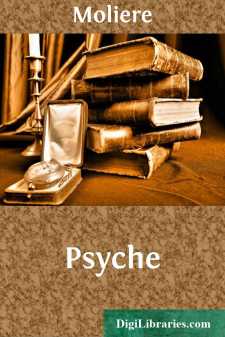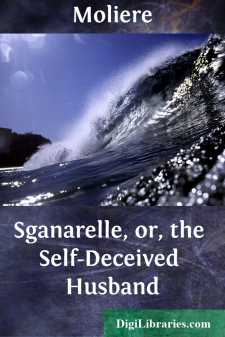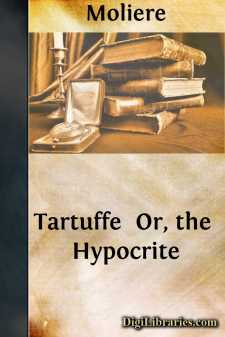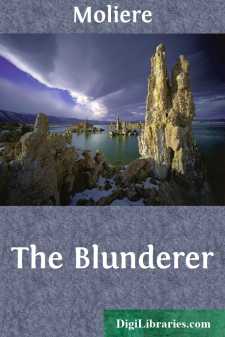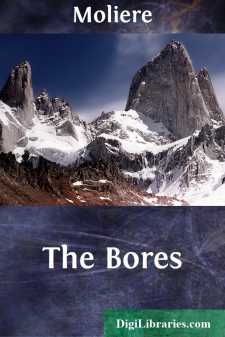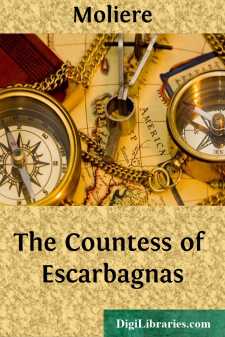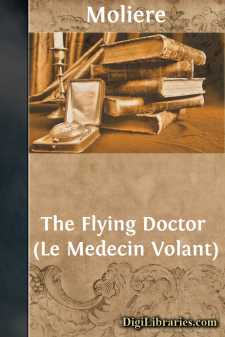Categories
- Antiques & Collectibles 13
- Architecture 36
- Art 48
- Bibles 22
- Biography & Autobiography 813
- Body, Mind & Spirit 142
- Business & Economics 28
- Children's Books 17
- Children's Fiction 14
- Computers 4
- Cooking 94
- Crafts & Hobbies 4
- Drama 346
- Education 46
- Family & Relationships 57
- Fiction 11829
- Games 19
- Gardening 17
- Health & Fitness 34
- History 1377
- House & Home 1
- Humor 147
- Juvenile Fiction 1873
- Juvenile Nonfiction 202
- Language Arts & Disciplines 88
- Law 16
- Literary Collections 686
- Literary Criticism 179
- Mathematics 13
- Medical 41
- Music 40
- Nature 179
- Non-Classifiable 1768
- Performing Arts 7
- Periodicals 1453
- Philosophy 64
- Photography 2
- Poetry 896
- Political Science 203
- Psychology 42
- Reference 154
- Religion 513
- Science 126
- Self-Help 84
- Social Science 81
- Sports & Recreation 34
- Study Aids 3
- Technology & Engineering 59
- Transportation 23
- Travel 463
- True Crime 29
Moliere
Molière, born Jean-Baptiste Poquelin in 1622, was a French playwright and actor widely regarded as one of the greatest masters of comedy in Western literature. His works, such as "Tartuffe," "The Misanthrope," and "The Imaginary Invalid," deftly satirized the hypocrisies and follies of society, blending wit with social critique. Despite facing opposition and censorship from powerful factions, Molière's enduring legacy lies in his profound impact on the development of modern theatre and his keen insights into human behavior.
Author's Books:
Sort by:
by:
Moliere
PROLOGUE MERCURY, on a cloud; NIGHT, in a chariot drawn by two horses MERC. Wait! Gentle Night; deign to stay awhile: Some help is needed from you. I have two words to say to you from Jupiter. NIGHT. Ah! Ah! It is you, Seigneur Mercury! Who would have thought of you here, in that position? MERC. Well, feeling tired, and not being able to fulfil the different duties Jupiter ordered me, I quietly sat...
more...
by:
Moliere
ACT I. SCENE I.—DONNA ELVIRA, ELIZA. ELVIRA. No, the hidden feelings of my heart were not regulated by choice: whatever the Prince may be, there is nothing in him to make me prefer his love. Don Silvio shows, as well as he, all the qualities of a renowned hero. The same noble virtues and the same high birth made me hesitate whom to prefer. If aught but merit could gain my heart, the conqueror were...
more...
by:
Moliere
ACT I. SCENE I.——ÉRASTE, A LADY SINGER, TWO MEN SINGERS, several others performing on instruments, DANCERS. Era. (to the Musicians and Dancers). Carry out the orders I have given you for the serenade. As for myself, I will withdraw, for I do not wish to be seen here. LADY (sings).Spread, charming night, spread over every browThe subtle scent of thy narcotic flower,And let no wakeful hearts...
more...
by:
Moliere
PROLOGUE. The front of the stage represents a rustic spot, while at the back the sea can be seen in the distance. SCENE I. Flora. appears in the centre of the stage, attended by Vertumnus, god of trees and fruit, and by Palemon, god of the streams. Each of these gods conducts a troup of divinities; one leads in his train Dryads and Sylvans, and the other River Gods and Naiads. Flora sings the...
more...
by:
Moliere
This play seems to have induced several English playwrights to imitate it. First, we have Sir William D'Avenant's The Playhouse to be Let, of which the date of the first performance is uncertain. According to the Biographia Britannica, it was "a very singular entertainment, composed of five acts, each being a distinct performance. The first act is introductory, shows the distress of the...
more...
by:
Moliere
ACT I SCENE I MADAME PERNELLE and FLIPOTTE, her servant; ELMIRE, MARIANE, CLEANTE, DAMIS, DORINE MADAME PERNELLE Come, come, Flipotte, and let me get away. ELMIRE You hurry so, I hardly can attend you. MADAME PERNELLE Then don't, my daughter-in law. Stay where you are. I can dispense with your polite attentions. ELMIRE We're only paying what is due you,...
more...
by:
Moliere
ACT I. LEL. Very well! Leander, very well! we must quarrel then,—we shall see which of us two will gain the day; and which, in our mutual pursuit after this young miracle of beauty, will thwart the most his rival's addresses. Do whatever you can, defend yourself well, for depend upon it, on my side no pains shall be spared. SCENE II.—LELIO, MASCARILLE. LEL. Ah! Mascarille! MASC. What's...
more...
by:
Moliere
The Bores is a character-comedy; but the peculiarities taken as the text of the play, instead of being confined to one or two of the leading personages, are exhibited in different forms by a succession of characters, introduced one after the other in rapid course, and disappearing after the brief performance of their rôles. We do not find an evolution of natural situations, proceeding from the...
more...
by:
Moliere
SCENE I.—JULIA, THE VISCOUNT. Visc. What! you are here already? Ju. Yes, and you ought to be ashamed of yourself, Cléante; it is not right for a lover to be the last to come to the rendezvous. Visc. I should have been here long ago if there were no importunate people in the world. I was stopped on my way by an old bore of rank, who asked me news of the court, merely to be able himself to detail to...
more...
by:
Moliere
SCENE I.——VALÈRE, SABINE. Val. Well, Sabine, what do you advise me to do? Sab. I have really much to tell you. My uncle is bent upon marrying my cousin to Villebrequin, and things have gone so far, that I believe the wedding would have taken place to-day if you were not loved by her. However, as my cousin told me the secret of all the love she feels for you, and as we were almost driven to...
more...


